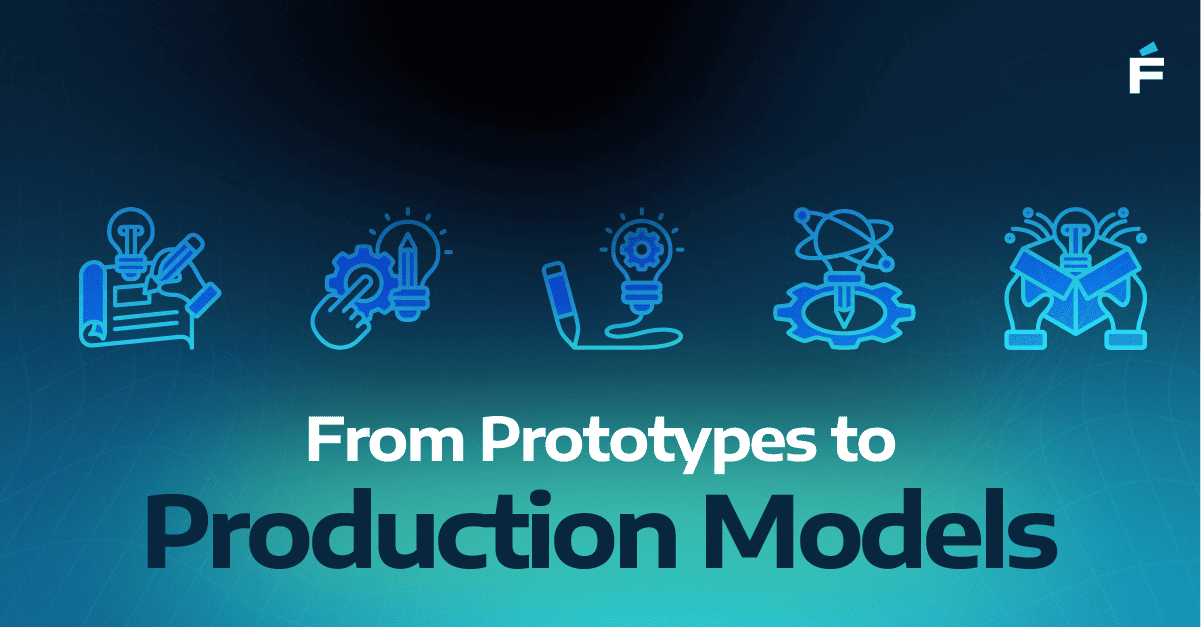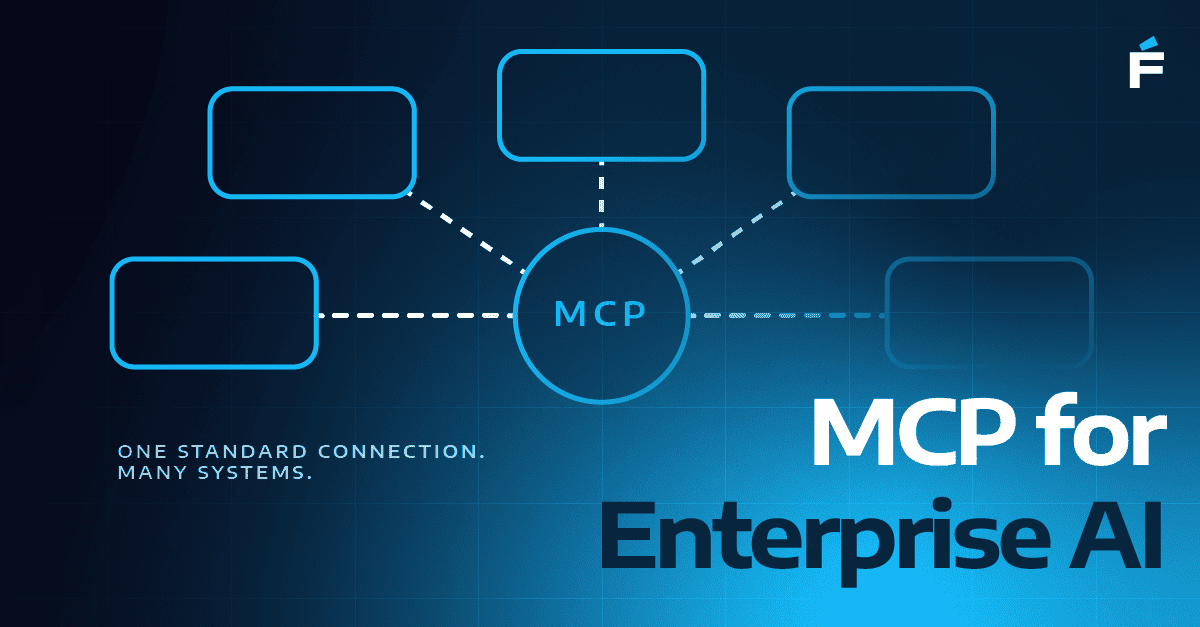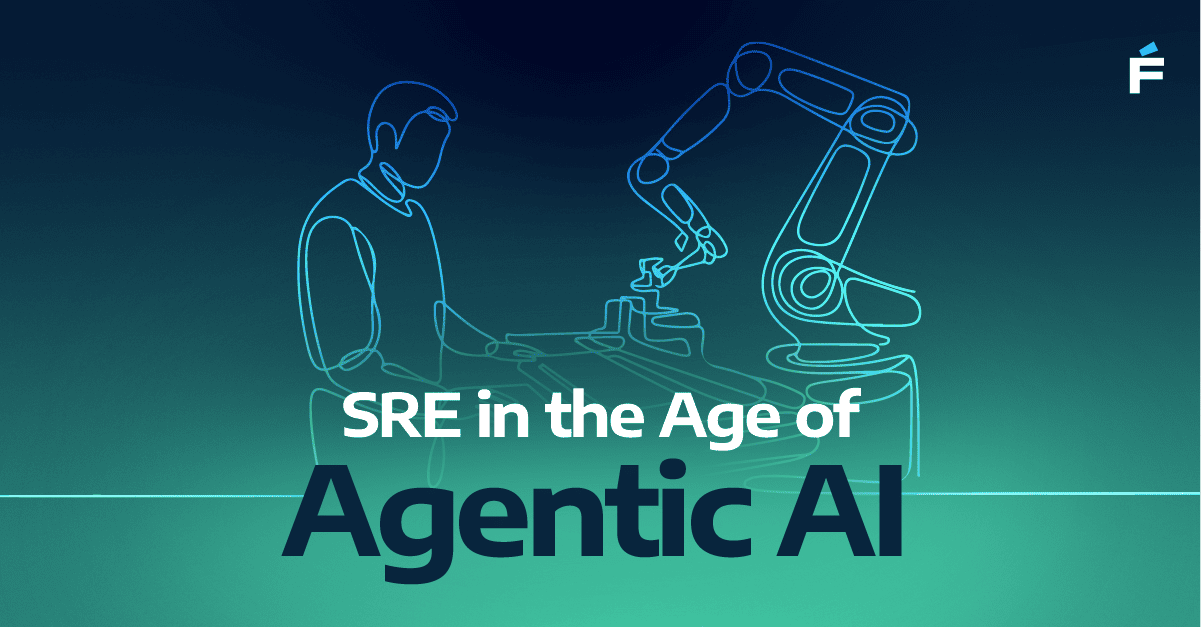As 2025 dawns, mid-market companies find themselves at a pivotal moment. With data volumes skyrocketing and generative AI use cases maturing from prototypes to production, the pressure to modernize data architectures has never been greater. Now is the time for organizations to transform AI-driven innovations into revenue-generating solutions, and the key to unlocking this potential lies in choosing the right strategic partner and data engineering expertise.
The AI Revolution in 2025: Key Considerations for Mid-Market Companies
Generative AI is rapidly moving from experimental use cases to core business applications. According to Gartner, by 2025, generative AI will account for 10% of all data created and will drive a significant portion of enterprise revenue. Use cases like personalized marketing, dynamic pricing, supply chain optimization, and AI-driven customer support are already demonstrating strong returns in early-adopter companies.

Gartner Research: Pacing Yourself in the AI Races: 2024 IT Symposium/Xpo Keynote Insights
However, turning AI prototypes into production-ready systems requires scalable robust data architectures, seamless integration, and ongoing optimization—challenges that many mid-market companies are not equipped to handle alone. These challenges also highlight the critical need for skilled data engineering professionals to build and maintain the pipelines, frameworks, and systems that power AI initiatives.
Rising Capital Expenditures in 2025: A Key Opportunity for AI
With interest rates stabilizing, the macroeconomic environment in 2025 is primed for business growth. Deloitte predicts a 6% increase in capital expenditures, creating an ideal landscape for mid-market companies to invest in AI technologies and top-tier data engineering talent. This shift presents a unique opportunity: mid-market businesses can modernize their infrastructure, scale their AI capabilities, and recruit the talent needed to drive future success.
One factor making 2025 a breakthrough year for AI is the favorable macroeconomic environment. With interest rates stabilizing, businesses are poised to increase their capital expenditures. Deloitte forecasts a 6% rise in enterprise capital spending in 2025, as companies seize the opportunity to invest in critical projects, including AI-driven initiatives and the acquisition of top-tier data engineering talent. For mid-market companies, this creates the perfect storm: increasing demand for AI-enabled solutions and the financial means to modernize infrastructure, scale AI capabilities, and recruit skilled professionals.
Why the Right Strategic Partner and Data Engineering Talent Matter
To fully capitalize on AI’s potential, mid-market companies need more than technology: they need a strategic vendor partner with deep expertise in AI and data engineering. The right partnership will enable businesses to:
- Accelerate AI Deployment: From refining use cases to scaling solutions, a skilled partner and internal team can fast-track the journey from prototype to production. Explore Forte Group's Data Engineering Solutions to discover how we help mid-market companies achieve seamless AI implementation.
- Ensure Data Readiness: AI thrives on quality data. Strategy partners and data engineers can help modernize architectures, implement data governance, and ensure interoperability to support AI initiatives.
- Optimize for Revenue Impact: Vendors and internal talent should align AI projects with business goals, to ensure that investments directly contribute to top-line growth.
- Provide Continuous Support: Post-deployment, partners and engineers offer monitoring, retraining, and optimization services to maximize the ROI of AI systems.
Key Considerations for Building the Right AI-Driven Team
When selecting a strategic partner and recruiting data engineering talent, mid-market companies should prioritize:
- AI Expertise: Look for partners and professionals with a track record of delivering production-ready AI solutions across relevant use cases.
- Industry Knowledge: A partner familiar with your sector and engineers with domain-specific expertise can provide tailored recommendations and insights.
- Scalability: Ensure the partner can design solutions and the team can build scalable systems that grow with your business needs.
- Focus on Outcomes: Prioritize vendors and engineers who focus on measurable business outcomes, not just technology for technology’s sake.
The Competitive Edge of AI-Driven Revenue Growth
Mid-market companies that successfully implement AI in production can unlock new revenue streams and operational efficiencies. According to McKinsey, organizations that scale AI are 20% more likely to see above-average profitability.

Moreover, as AI-driven use cases mature, they will not only streamline operations but also create new revenue streams through innovative products and services. In 2025, the ability to quickly deploy AI-driven solutions will differentiate leading companies from the rest.
Driving Results Through Partnership and Innovation
Collaborations with strategic partners bring an edge to navigating the complexities of AI adoption. By engaging trusted vendors, mid-market firms gain access to expertise that’s often out of reach internally. These partnerships streamline execution, ensure compliance with emerging standards, and align AI initiatives with evolving business goals.
For instance, companies leveraging advanced analytics platforms can reduce operational costs while improving customer satisfaction. Strategic alliances with vendors ensure these platforms are seamlessly integrated and optimized for maximum impact. This alignment fosters innovation while maintaining a focus on measurable ROI.
Investing in Talent: A Long-Term Strategy
AI success depends on nurturing talent capable of addressing complex challenges. Organizations investing in continuous education for their teams not only stay ahead but also attract top-tier professionals. Combining skilled internal resources with vendor expertise creates a collaborative environment where innovation thrives.
Building internal capabilities, like fostering agile practices and data governance standards, complements the technological foundation laid by partners. This dual approach equips businesses to adapt to rapid technological changes and capitalize on AI opportunities.
Leveraging Back-End Excellence
AI transformation requires robust infrastructure. Transitioning to scalable cloud-based solutions, adopting API-driven integrations, and modernizing legacy systems are critical for seamless AI adoption. The role of data engineers here is paramount—they enable efficient data flow, maintain data security, and ensure system scalability. Learn more about cloud infrastructure modernization.
Conclusion: The Time to Act Is Now
2025 promises to be a transformative year for mid-market businesses. With AI use cases maturing and favorable economic conditions for investments, there has never been a better time to invest in AI and data engineering talent. Partnering with the right strategic vendor and leveraging top-tier engineering skills will allow companies to turn prototypes into production systems, modernize data architectures, and drive significant revenue growth.
The future of AI is now, and mid-market companies have an unparalleled opportunity to lead the charge. Success depends on selecting the right partners and building the internal capabilities necessary to navigate this exciting journey.






